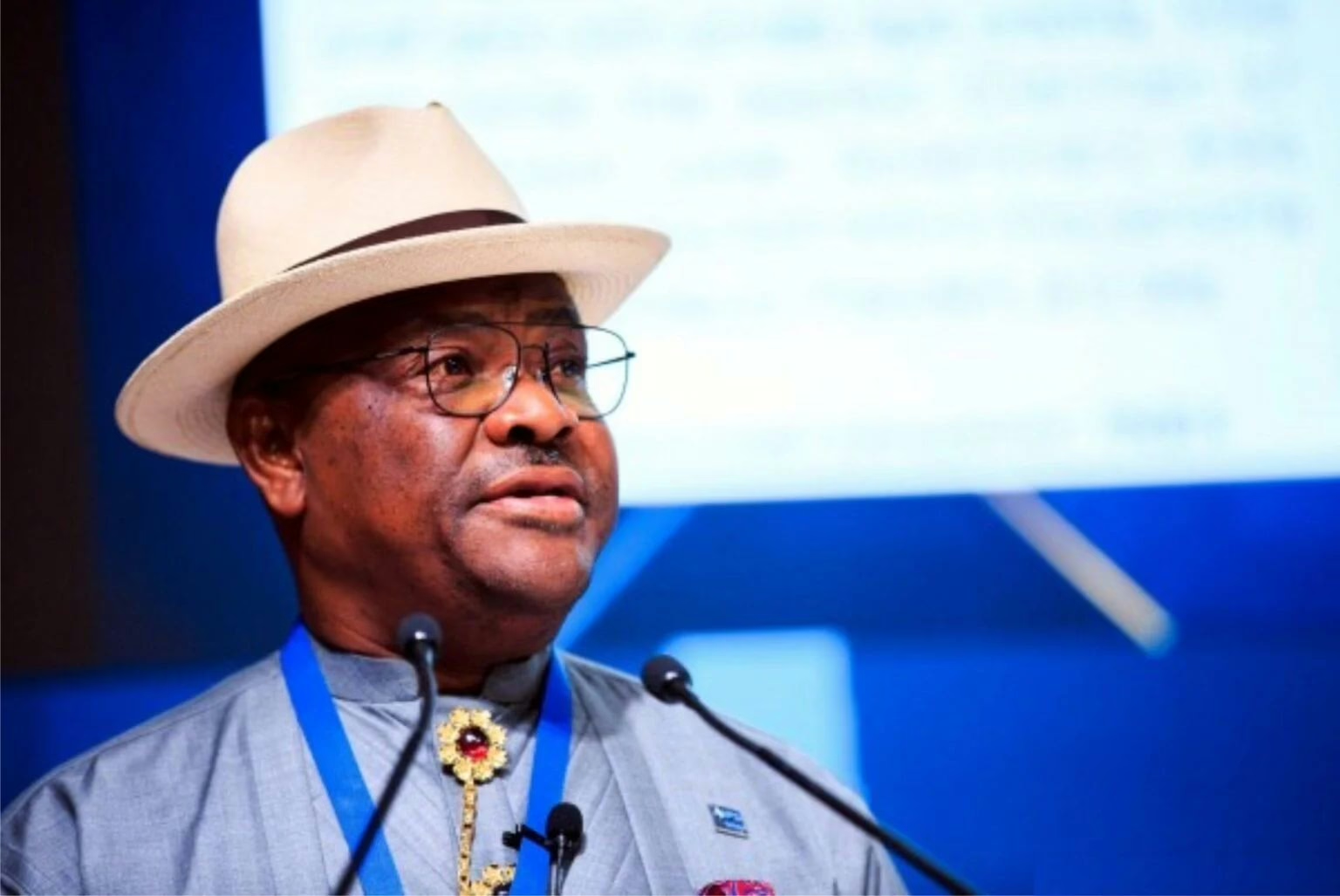By Olutayo Babadamidade
In Nigeria, the standard of education has been declining rapidly. This is evident in the poor global ranking of Nigerian universities and the quality of graduates produced. Many Nigerian graduates today are ill-equipped to compete on the global stage, and this has contributed to the growing problem of unemployment and underemployment in the country.
One of the most critical factors behind this decay is the frequent industrial actions embarked upon by the Academic Staff Union of Universities (ASUU). Since its formation in 1978, ASUU has consistently fought for better funding, fair wages, and improved conditions of service for Nigerian lecturers. However, over the years, the disagreement between ASUU and the Federal Government has led to prolonged strikes that have disrupted academic calendars and crippled the tertiary education system.
The first major ASUU strike occurred in 1988 under the then National Association of University Teachers (NAUT). Since then, more than sixteen major strikes have taken place, with universities shut down for months at a time. The 2022 strike lasted over eight months, halting academic activities nationwide. Despite numerous negotiations, the root causes of these strikes remain unresolved, leading to a cycle of repeated crises.
Strikes have devastating effects not only on the education sector but also on the national economy. Students are forced to stay idle for months, and as the popular saying goes, “An idle hand is the devil’s workshop.” Many students, out of frustration, drift into social vices such as cybercrime, drug abuse, and other forms of criminality. The loss of valuable academic time affects the credibility of Nigerian universities, while parents and guardians bear the financial and emotional burden.
ASUU’s demands over the years have been consistent and justifiable. However, as of 2025, the union has issued a fresh seven-point ultimatum to the Federal Government. These demands include:
- Re-negotiation of the 2009 FGN/ASUU Agreement to reflect current realities.
- Sustainable funding and revitalization of public universities to upgrade facilities, laboratories, and hostels.
- Payment of earned academic allowances owed to lecturers.
- Settlement of promotion arrears and payment of outstanding 25–35% salary increments.
- Remittance of outstanding third-party deductions such as pensions and cooperative dues.
- An end to the victimisation of ASUU members in some institutions.
- Full adoption of the University Transparency and Accountability Solution (UTAS) in place of the government’s Integrated Payroll and Personnel Information System (IPPIS).
These demands are not new; they are necessary steps toward rescuing Nigeria’s universities from total collapse. The major cause of persistent strikes remains the government’s failure to honour agreements and to prioritise education in national budgeting.
Currently, Nigeria allocates less than 10% of its annual budget to education — far below the 26% recommended by UNESCO. As a result, universities lack basic facilities, research funding, and staff motivation. The proliferation of new universities, especially private institutions, without adequate facilities or regulatory compliance, has worsened the problem. Many are established based on political considerations rather than academic need.
To end these persistent crises, several practical steps must be taken.
First, the Federal Government must immediately implement the renegotiated 2009 ASUU–FGN agreement and set clear timelines for the release of revitalization funds. This will restore confidence and stability within the system.
Second, the government should fully adopt UTAS as the preferred payment platform for university lecturers. Unlike IPPIS, UTAS ensures transparency, accountability, and institutional autonomy. It aligns with the peculiar structure of the university system and prevents irregular deductions and payment delays.
Third, there must be a constitutional provision for regular visitation panels to all federal and state universities. These panels will assess infrastructure, financial management, and academic standards to ensure accountability.
Fourth, government should provide a fixed percentage of the national budget—preferably not less than 15%—to the education sector, with half of that directed to tertiary institutions. Funding should be released quarterly and tied to specific performance indicators to prevent mismanagement.
Fifth, the proliferation of universities should be curtailed. The National Universities Commission (NUC) must enforce stricter approval processes to ensure new universities meet international standards before being licensed.
Sixth, both ASUU and government must commit to regular dialogue and conflict resolution mechanisms. A permanent Education Arbitration Council should be established to mediate disputes quickly before they escalate into full-blown strikes.
Lastly, there should be a renewed sense of patriotism and commitment from all stakeholders. ASUU should explore flexible engagement strategies, while the government must show sincerity by fulfilling promises on time. Students and civil society groups must also play advocacy roles to hold both sides accountable.
Education remains the backbone of national development. A country that neglects its universities undermines its own future. To end the persistent ASUU strikes, the Nigerian government must stop treating education as a secondary issue and start viewing it as a national emergency. Only through consistent funding, transparency, and mutual respect can Nigeria restore stability, productivity, and dignity to its higher education system.
Olutayo Babadamidade is a year 2 law student of the University of Lagos











Leave a Reply